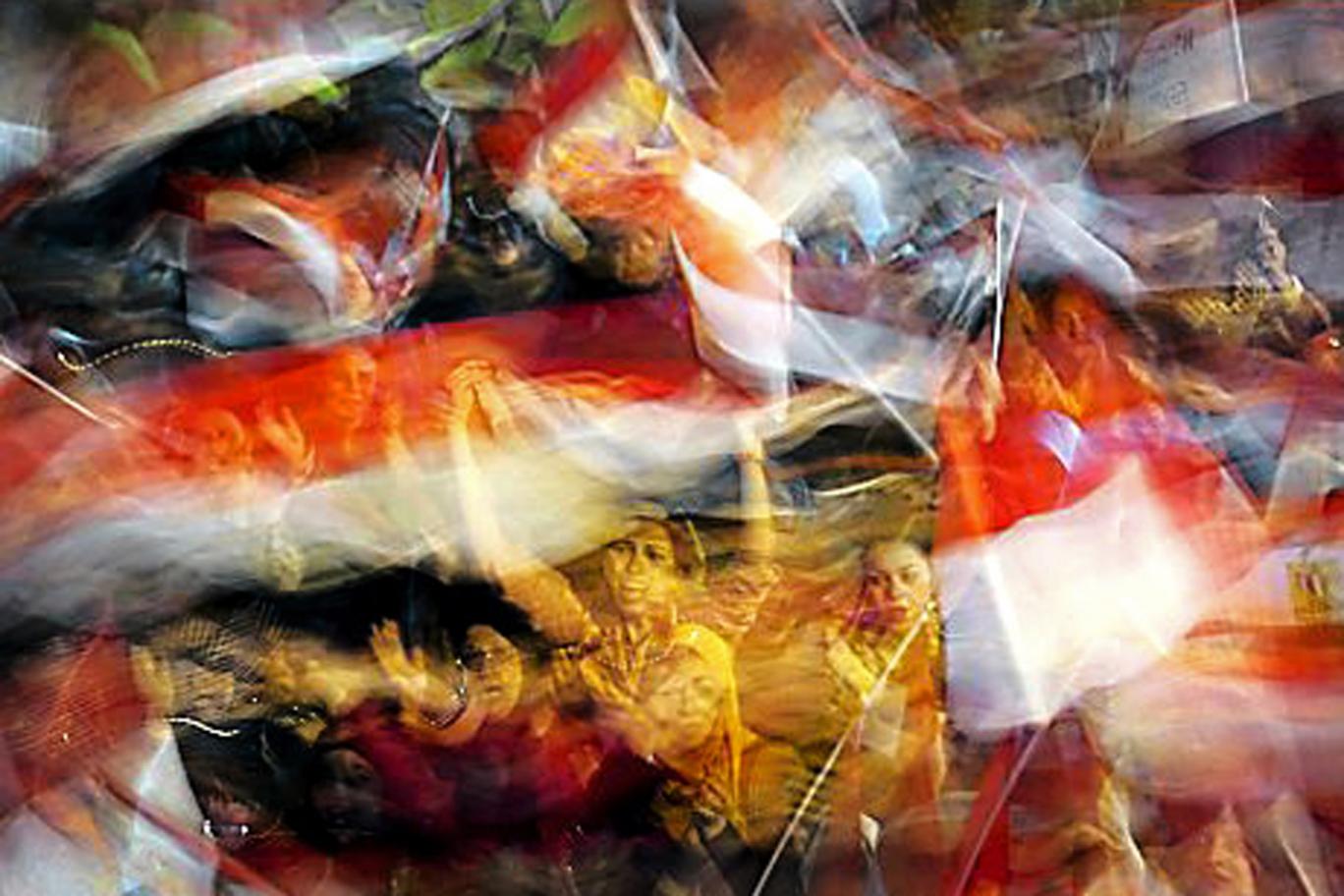Paglen, the 42-year-old multimedia photographer from Maryland, US, who spends his days working as a geographer working out of the Department of Geography at the University of California at Berkeley, won for his work The Octopus, first shown at Frankfurter Kunstverein last summer.
He sees his work as an ongoing effort “to help develop a visual and cultural vocabulary around surveillance.”
The Octopus is a continuation of Paglen’s ongoing exploration into data collection, military surveillance, drone warfare and how they interlink through various, often conflicting and overlapping governmental agencies.
The series shows us images of restricted military and government areas, as well as skyscapes showing the vapour trails of passing drones.

The Octopus was the result of an exhaustive collaboration with scientists, astronomers and human rights activists concerned with the modern surveillance culture.
The series started proper in November, 2013, when Paglen hired a helicopter to take aerial, nighttime shots of the US National Security Agency headquarters in Maryland, the National Reconnaissance Office in Virginia and the National Geospatial-Intelligence Agency in Virginia.
These agencies, responsible for all national security apparatus, including the deeply controversial drone program and the US government’s exhaustive bulk surveillance of it’s own, and other sovereign nation’s citizens, has a combined budget request of more than $25bn annually.

The artists include Laura El-Tantawy, born in the UK to Egyptian parents in 1980, who was nominated for her self-published photobook In the Shadow of the Pyramids, which mixes images from Cairo, taken in the build-up to the 2011 revolution, with old family photographs.
Dutch artist, designer and curator Erik Kessels was nominated for his exhibition Unfinished Father at Fotografia Europea, which was inspired by the artist’s father’s stroke.
Tobias Zielony, a German artist born in 1973, was shortlisted for his work The Citizen, exhibited as part of the German Pavilion presentation at the Venice Biennale, and exploring the lives of African refugees in Europe.
All the entries will be on display at the Photographers’ Gallery until 3 July, before moving to the Deutsche Börse headquarters in Frankfurt.
The Deutsche Börse photography prize 2016 is organised by the Photographers’ Gallery and is on display until 3 July.
